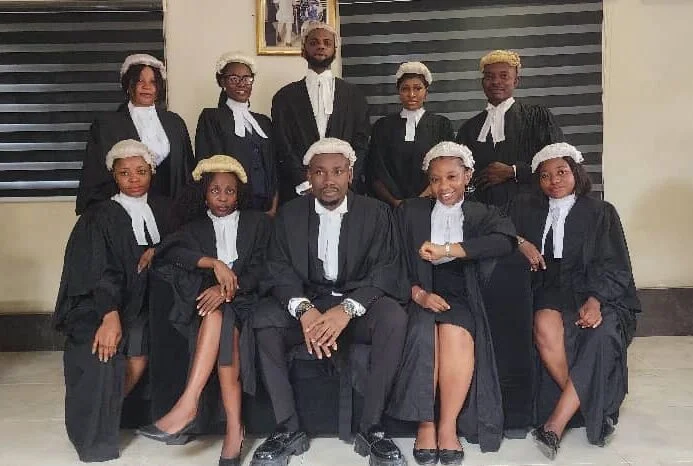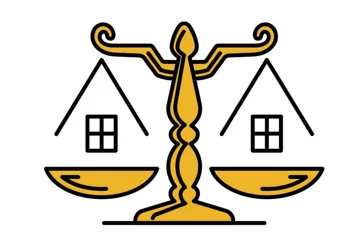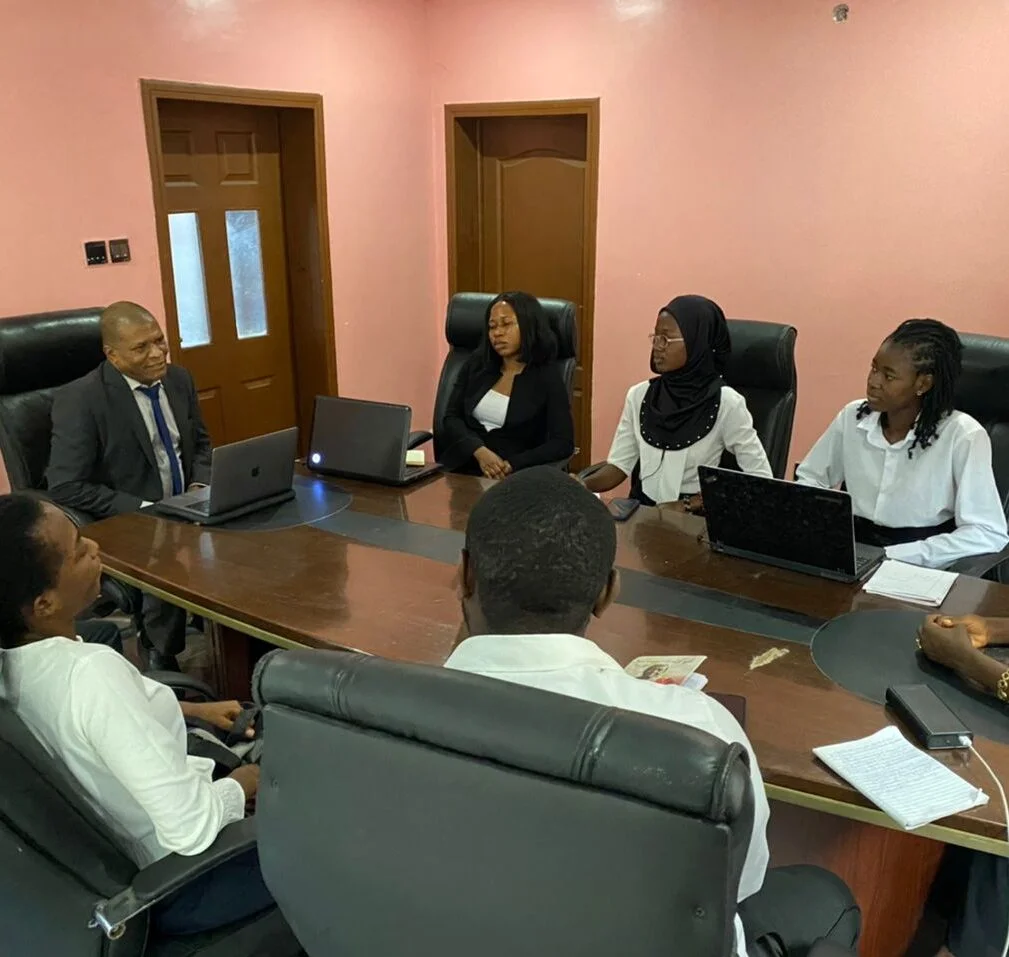About Us
We’re Experts in all Legal Matters
CHAMAN LAW FIRM is a world-class leading and top-rated law firms in Lagos Nigeria. In Support of clients on diverse issues, we deploy our team of vastly experienced attorneys team with domestic and international experience and expertise

ASK A LAWYER




















